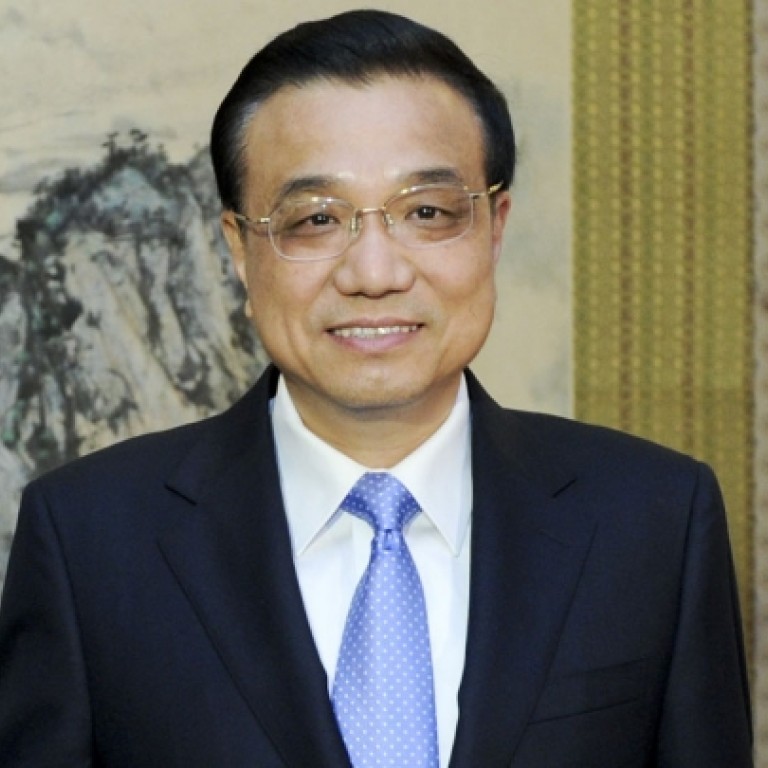
China seen missing growth target for first time since Asian financial crisis
China's biggest squeeze on credit in at least a decade is increasing the chance Li Keqiang will be the first premier to miss an annual growth target since the Asian financial crisis in 1998.
China's biggest squeeze on credit in at least a decade is increasing the chance Li Keqiang will be the first premier to miss an annual growth target since the Asian financial crisis in 1998.
Goldman Sachs and China International Capital Corp yesterday joined banks from Barclays to HSBC in paring their economic growth projections this year to 7.4 per cent, below the government's 7.5 per cent goal.
The cuts followed a tightening in central bank liquidity that left the overnight repurchase rate on Monday more than double the year's average.
"The current leadership is trying to build its reputation in a different way than the previous administration, which felt that its target was holy and had to be met regardless of the circumstances," said Louis Kuijs, chief China economist at Royal Bank of Scotland in Hong Kong, who previously worked for the World Bank.
The danger is that putting the growth goal aside undermines public confidence in China's economic policymaking that has already been shaken by limited communication of the government's objectives behind the cash squeeze.
The central bank contributed to the biggest drop in Chinese stocks in almost four years on Monday by releasing a week-old statement saying liquidity was "reasonable".
The government set the 7.5 per cent target at a March conference where Li became premier.
Kuijs, who said the target may be at risk this year, cut his 2013 call on June 10 to 7.5 per cent from 7.8 per cent and projected 8.1 per cent growth next year, down from 8.4 per cent.
"If they fail to achieve 7.5 per cent, they will lose credibility with the markets, provincial leadership and financial institutions," said Liu Ligang, Australia and New Zealand Banking's head of Greater China economics in Hong Kong, who also formerly worked at the World Bank.
"That means that in the future, whenever they say something, the market may interpret it differently, and the credibility issue is something very critical for them to consider," said Liu, who cut his growth forecast for this year this month to 7.6 per cent.
China last failed to exceed the government's annual growth target as Asia grappled with its financial crisis in 1998, when Zhu Rongji became premier. That year, the economy expanded 7.8 per cent, compared with an 8 per cent goal.

